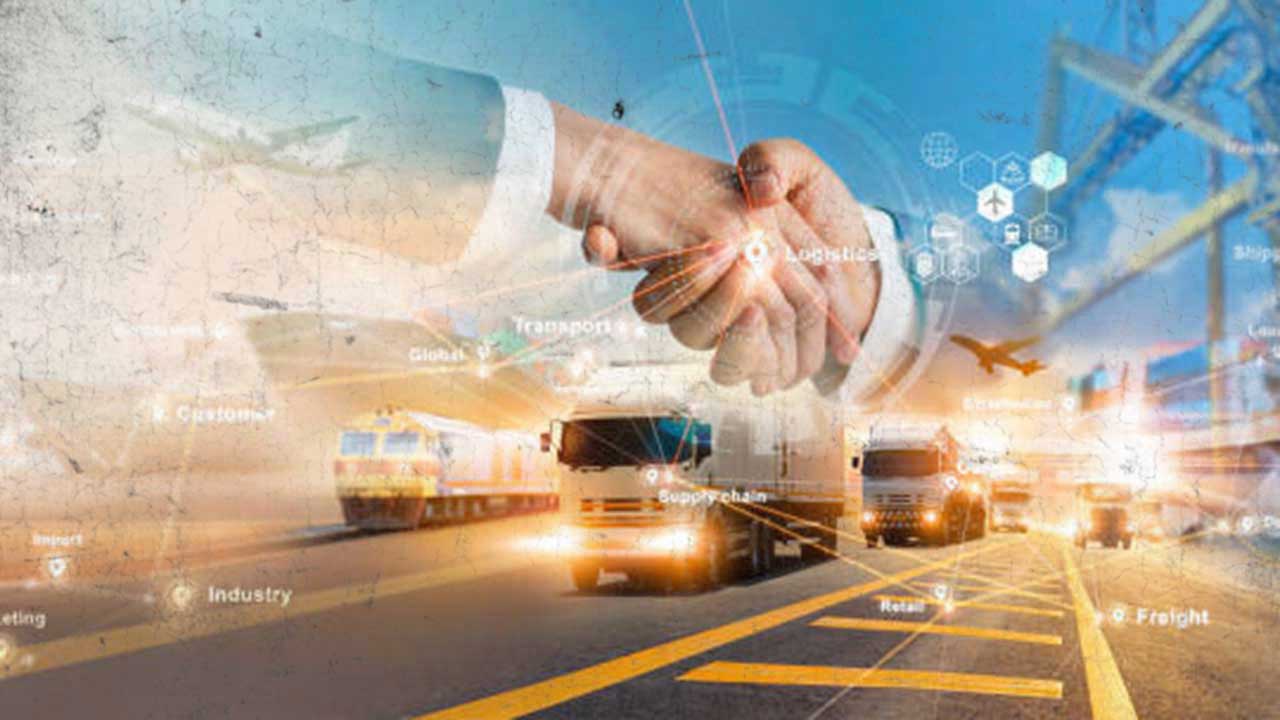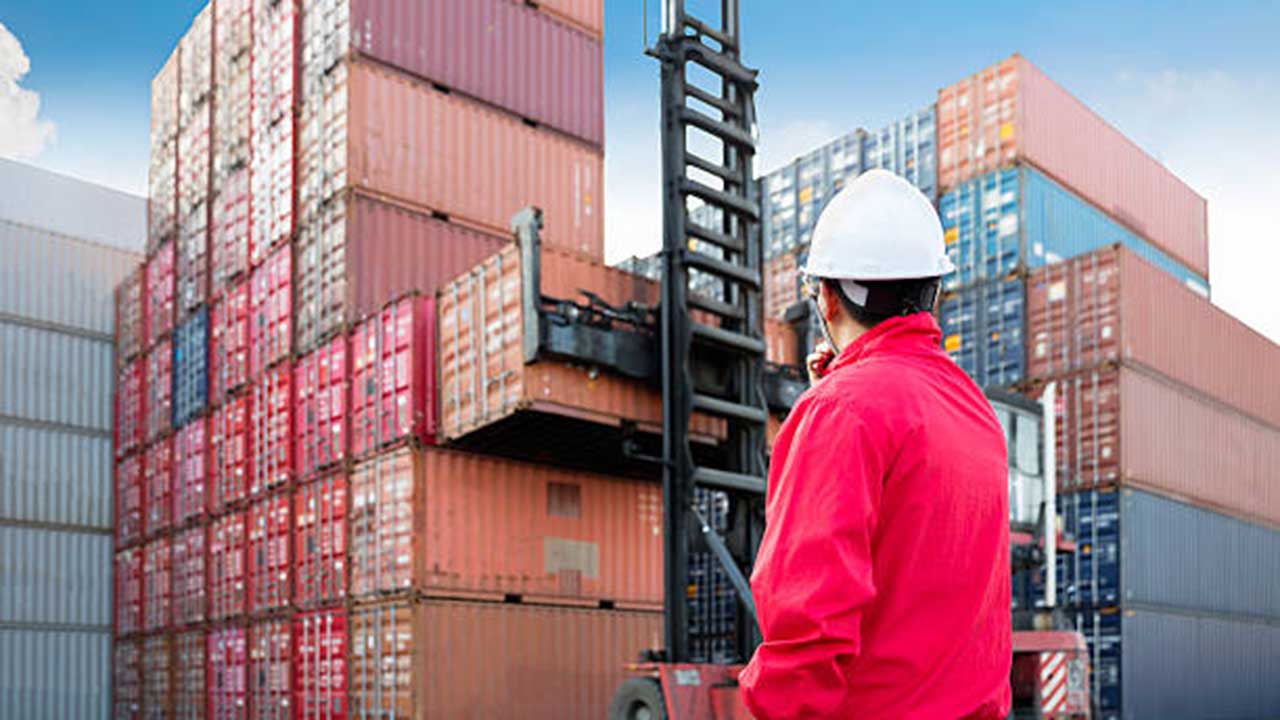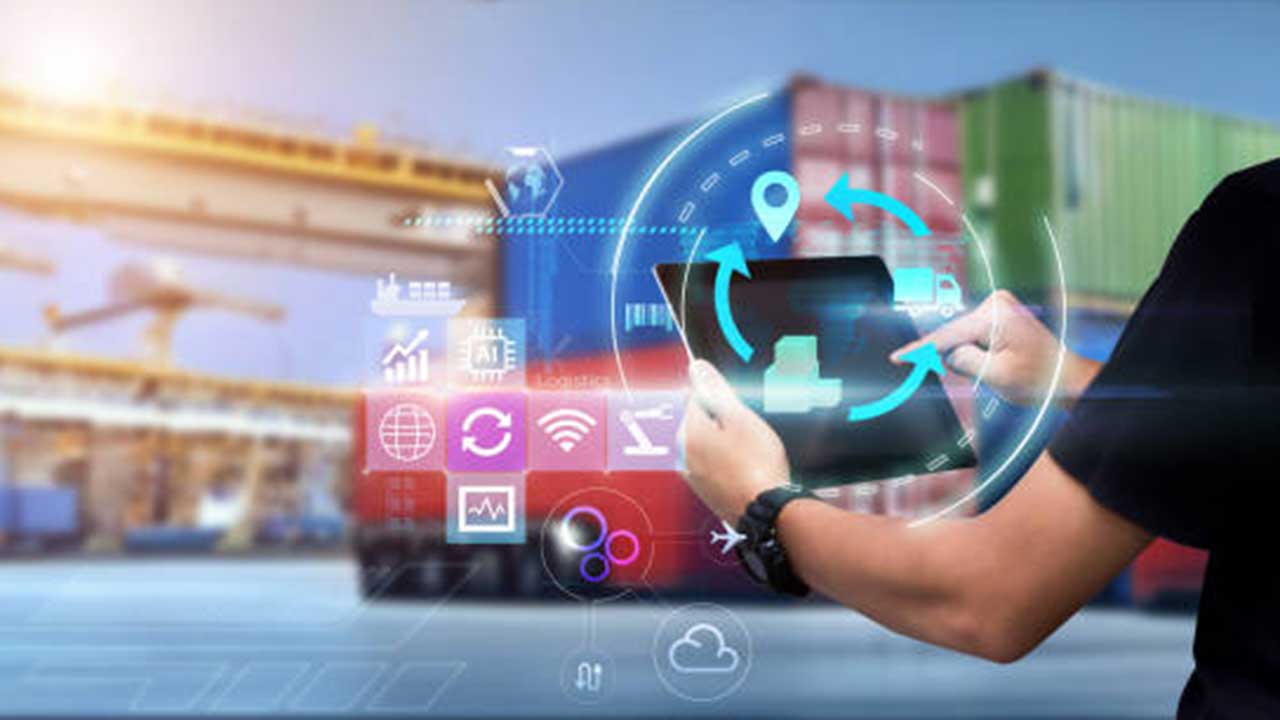
The Future of Transportation in Bangladesh
Bangladesh's transportation sector is vital for economic growth and social development. However, traditional transportation methods face challenges like congestion, pollution, and inefficiency. This blog post will explore emerging trends and innovative solutions that are shaping the future of transportation in Bangladesh, with a focus on sustainability and smart technologies.
Challenges of the Current Transportation System:
- Traffic Congestion: Major cities in Bangladesh experience significant traffic congestion, leading to wasted time, fuel inefficiency, and increased pollution.
- Air and Noise Pollution: Vehicle emissions are a major contributor to air and noise pollution in Bangladesh, impacting public health and environmental quality.
- Safety Concerns: Road accidents are a significant concern in Bangladesh, highlighting the need for improved safety measures.
- Limited Public Transportation Options: While public transportation exists, it may not always be readily available, efficient, or well-maintained, encouraging reliance on private vehicles.
Sustainable and Smart Solutions for the Future:
Several promising solutions can address these challenges and pave the way for a more sustainable and efficient transportation system:
- Electric Vehicles (EVs): The adoption of electric vehicles can significantly reduce emissions and noise pollution in urban areas. Government incentives and the development of charging infrastructure are crucial for promoting EV adoption.
- Public Transport Improvements: Investing in modernizing public transportation infrastructure, increasing capacity, and ensuring efficient routes can encourage more people to utilize these options, reducing reliance on private vehicles.
- Ride-Sharing and Micro-Mobility: Ride-sharing services and micro-mobility solutions like bicycle-sharing programs can offer convenient and affordable alternatives for short-distance travel, reducing traffic congestion.
- Smart Traffic Management Systems: Implementing smart traffic management systems that utilize real-time data can optimize traffic flow, improve safety, and reduce congestion.
- Focus on Multimodal Transportation: Developing a well-integrated network of transportation options, including buses, trains, cycling paths, and pedestrian walkways, can encourage a shift away from car dependence.
The Road Ahead:
Transforming Bangladesh's transportation sector requires a collaborative effort from the government, private sector, and citizens. By embracing new technologies, investing in sustainable solutions, and prioritizing public safety and environmental well-being, Bangladesh can create a future where transportation is efficient, accessible, and environmentally responsible.
2. 5 Ways Technology is Revolutionizing Transportation in Bangladesh
Technology is rapidly transforming the transportation landscape across the globe, and Bangladesh is no exception. This blog post will explore five key ways technology is revolutionizing transportation in Bangladesh, making it more efficient, safe, and convenient.
1. Mobile Apps for Booking and Tracking:
Mobile apps have become an integral part of transportation in Bangladesh. These apps allow users to hail rides, book bus tickets, track their journey in real-time, and access information about routes and schedules. This convenience and transparency have significantly improved the user experience.
2. Logistics Management Software:
Logistics companies in Bangladesh are increasingly utilizing logistics management software to optimize routes, manage deliveries, and track shipments efficiently. This improves operational efficiency, reduces costs, and ensures on-time deliveries for businesses.
3. Navigation and Mapping Apps:
Navigation and mapping apps like Google Maps have become indispensable tools for drivers and commuters. These apps provide real-time traffic updates, suggest optimal routes, and help users navigate unfamiliar areas, leading to smoother journeys and reduced travel time.
4. Cashless Payments:
The introduction of cashless payment options like mobile wallets and online payment gateways is simplifying fare collection and transactions for both passengers and transportation service providers. This eliminates the need to carry cash, reduces the risk of theft, and streamlines the payment process.
5. Artificial Intelligence (AI) in Transportation:
The use of Artificial Intelligence (AI) in transportation is still in its early stages in Bangladesh, but it holds immense potential. AI can be used for predictive maintenance of vehicles, optimizing traffic flow based on real-time data, and even self-driving vehicles in the future.
Conclusion:
Technology is playing a transformative role in revolutionizing transportation in Bangladesh. By embracing these advancements and fostering innovation, Bangladesh can create a more efficient, safe, and accessible transportation system for everyone.


